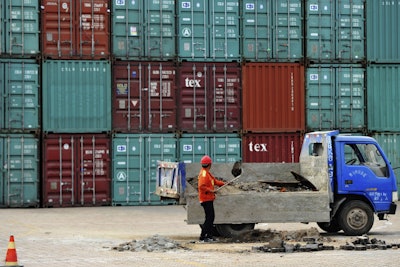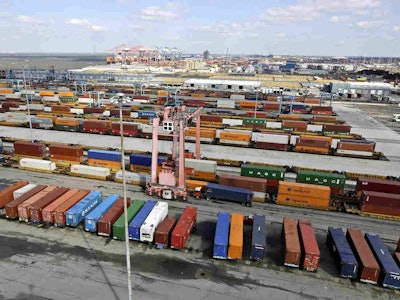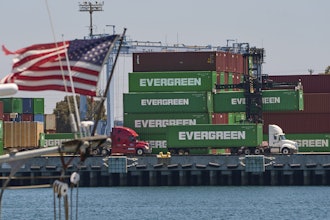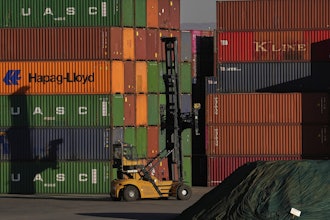
On the campaign trail, President Donald Trump talked promised a tough stance on trade deals — promising to impose high tariffs on countries that could be hurting America’s economic or security interests.
But this week, Commerce Secretary Wilbur Ross said he believes the U.S. will succeed at negotiating improved trade terms without hardline measures.
According to a report in The Wall Street Journal, Ross said that agreeable terms could be reached if both countries are “willing to make reasonable compromises.”
Ross pointed to a recent deal with Mexico on sugar as an example of how the U.S. can improve trade conditions. Earlier this month, the U.S. and Mexico announced a preliminary deal that would reduce refined sugar imports — which America’s sugar producers had long complained hurt their business — to 30 percent of all sugar sent across the border.
Without that deal, the U.S. and Mexico could have imposed tariffs on Mexican sugar, which would have caused Mexico to possibly retaliate in kind on American corn syrup.
Ross said that these kinds of negotiations with key industries will be crucial to a renegotiation of the North American Free Trade Agreement. While campaigning, President Trump had promised to pull the U.S. out of NAFTA, but then changed course after being elected, saying that the U.S. would instead renegotiate the terms of the 23-year-old deal with the ultimate goal of reducing the trade deficit.
The Trump administration has also had success in improving terms with other major trading partners, including China. Ross said that China could reduce its $347 billion merchandise trade deficit with the U.S. if it purchased more of several key goods from America. For example, China and the U.S. recently announced a deal that would allow exports of U.S. beef to China, ending a ban that had been in place since a 2003 scare over mad cow disease. The first shipment of American beef to China, the world’s fastest growing beef market, headed overseas this week.

A few weeks ago, Ross also expressed interest in reviving trade talks with the EU, which stalled after the United Kingdom voted to leave the 28-country union.
"The EU is one of our largest trading partners, and any negotiations legally must be conducted at the EU level and not with individual nations," Ross told CNBC. "Thus, it makes sense to continue TTIP negotiations and to work towards a solution that increases overall trade while reducing our trade deficit."
Ross has also made it clear, however, that the U.S. is not opposed to punitive measures if it is believed that other countries are “dumping” goods below market value or compromising U.S. interests.






















